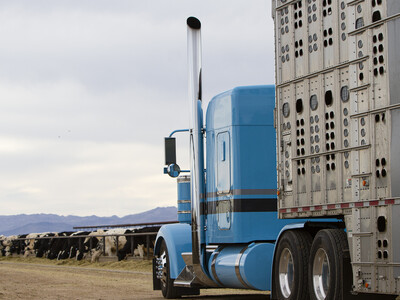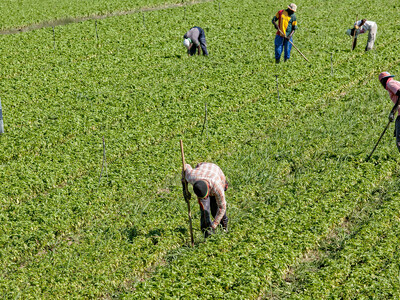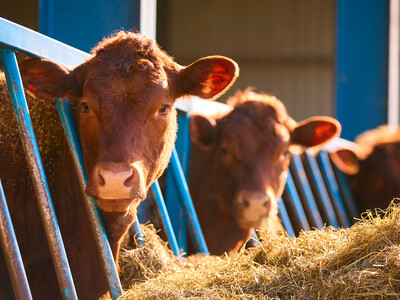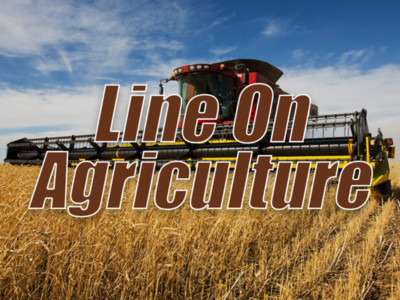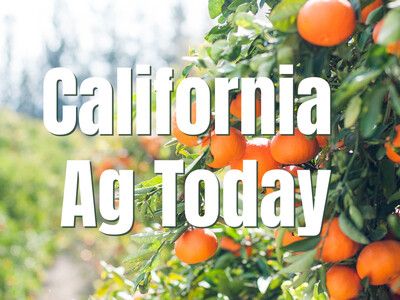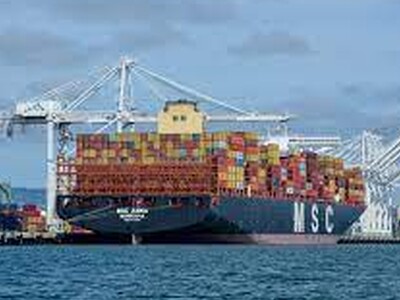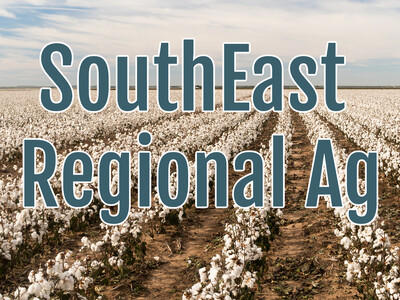EPA Decisions Affect Agriculture
EPA Decisions Affect Agriculture. I’m Greg Martin with today’s Line On Agriculture.
The Supreme Court has started a new term. Two cases are on the docket that have a direct relevance to U.S. agriculture. In an Idaho case, the EPA told Mike and Chantell Sackett to stop building their new house and return the land to its original state or face possible jail time and more than $30,000 in fines per day under the Clean Water Act.
QUIST: They sued EPA and the courts told them that they didn’t have the ability to ask a court for review. They were not allowed their day in court. EPA would control when they had their day in court. When either the Corps of Engineers or EPA determines that you have wetlands on your property, you cannot use your property. It is now under the control of the federal government and the only way to be able to farm it under certain conditions, build a road, build a fence, dig it up, is to get a permit and often times that’s a very expensive proposition and sometimes you’re never able to obtain a permit.
American Farm Bureau Legal Counsel Danielle Quist talks about what could come out of the Sackett v. EPA case.
QUIST: Farmers and ranchers may be able to challenge these administrative consent orders, rather than allow EPA to dictate whether or not a court can hear their case. These letters are often very threatening, the threat of going to jail and facing hundreds and thousands of dollars worth of fines can be very frightening for a landowner, particularly one that’s done the engineering required and has really done their homework to do a house or road or make changes in their farming operation in accordance with the law.
Quist says the case of PPL Montana v. Montana is another property rights issue involving who owns riverbeds that run through private property.
QUIST: The Supreme Court of Montana ruled that the riverbeds were actually owned by the state of Montana and not by the private landowners. Some of them for more than 100 years thought that land belonged to them, those riverbeds belonged to them. And that’s important for farmers and ranchers because in many states, riverbed ownership determines riparian and sometimes prior appropriation of water rights.
The high court has not decided yet whether or not it will consider a controversial case involving an immigration law in the state of Arizona.
QUIST: Hopefully the Supreme Court will take that case and determine once and for all how far states can go in setting their own immigration laws, because right now we’re starting to get a real patchwork of state laws that can make things very difficult for the federal government and sometimes for farmers and ranchers as well.
That’s today’s Line On Agriculture. I’m Greg Martin on the Ag Information Network.




